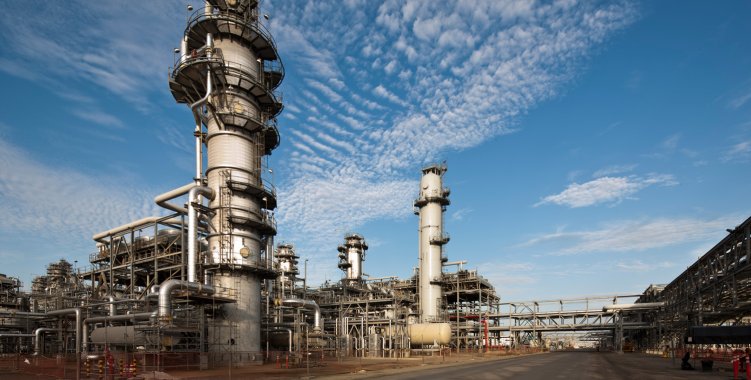In 2017, the President, João Lourenço, launched the challenge to build refineries in the country, to offset the high costs of importing fuel, and projects were then created to build refineries in Cabinda, Soyo and Lobito.
This week, the Minister of Mineral Resources, Oil and Gas, Diamantino Azevedo, spoke about the construction of these infrastructures, in a parliamentary hearing, pointing out difficulties in finding partners to invest in the projects.
Flávio Inocêncio stressed that the subject is complex and the problem essentially lies in the fact that the 'downstream' (distribution and marketing) is not as profitable a sector as the 'upstream' (exploration and production), meaning that there is not much interest in part of oil multinationals, few of which today have a 'downstream' component.
The Angolan academic, residing in London, also highlighted that the sector was greatly affected by the covid-19 pandemic, which reduced global demand for oil and gas and petroleum derivatives by 30 percent, significantly affecting the start-up of these projects that were in the 'capex' phase (investments, capital expenditure, infrastructure).
For the consultant, the solution found by the executive was "very positive", which, via Sonangol, the national oil company, allowed at least the plans to get started.
Flávio Inocêncio stressed that Angola should turn its focus to Asian state-owned companies in the refining sector, still interested in this area, unlike companies in the West, with the exception of the United States of America.
"For the Lobito refinery, perhaps, it would be ideal for us to have a large international partner [...], an Asian state-owned company – Chinese or Indian –, because these companies are vertically integrated, unlike 'international oil companies', and think about refineries with a view to integrating the petrochemical sector", he said.
Regarding the Lobito refinery, according to minister Diamantino Azevedo, Sonangol is assuming all expenses so far, because a partner to invest has not yet been found.
"I think the obvious solution is for us to have partnerships with the large Asian state-owned companies and offer more generous terms to them", insisted Flávio Inocêncio, pointing out the fuel subsidy as a complex problem, which scares away potential investors.
"What I think is that our national oil company must ensure that these investments are made, if there are problems with investor insufficiency, especially in the Soyo refinery", he added.
Regarding the Soyo refinery, the Minister of Mineral Resources, Oil and Gas said that the company that won the tender for the construction of this infrastructure is having great difficulties in obtaining financing, admitting the possibility of terminating the contract.
According to the expert, it is necessary to think about the future of oil and gas, which will be the petrochemical sector, in terms of exports, with transformation into plastics, fertilizers, among other products.
"The strategy that we should have as a country is an integrated sector, where we have refineries with the petrochemical sector – and this was thought of in some of these refineries –, and export with added value. That's what Saudi Arabia does and that's the big thing objective", he said.
According to Diamantino Azevedo, Angola is the sixth country in the world with the cheapest fuel, even after the recent adjustment made, which requires "a very big effort from Sonangol". The issue, he acknowledged, does not make this business segment very interesting.







